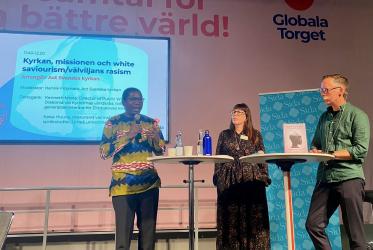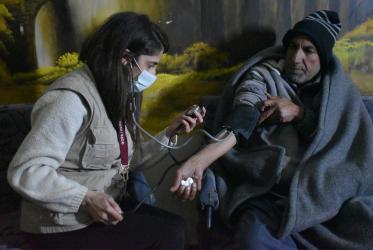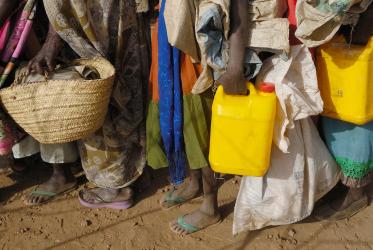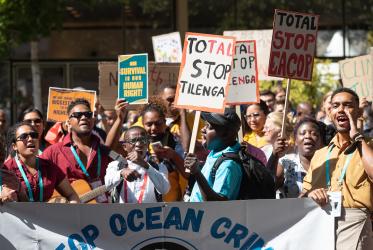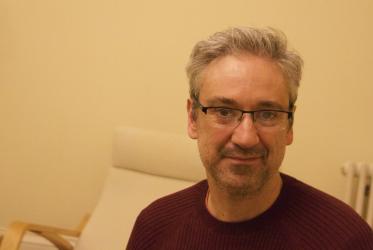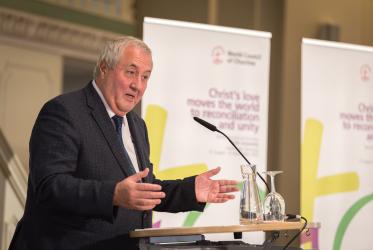Displaying 1 - 20 of 177
2022 Social Forum: Water for human rights and sustainable development
03 - 04 November 2022
Palais des Nations in Geneva, Switzerland
Una defensa multiconfesional del clima: no queda mucho tiempo
07 September 2022
Multifaith advocacy for the climate: Not really much time left
04 September 2022
